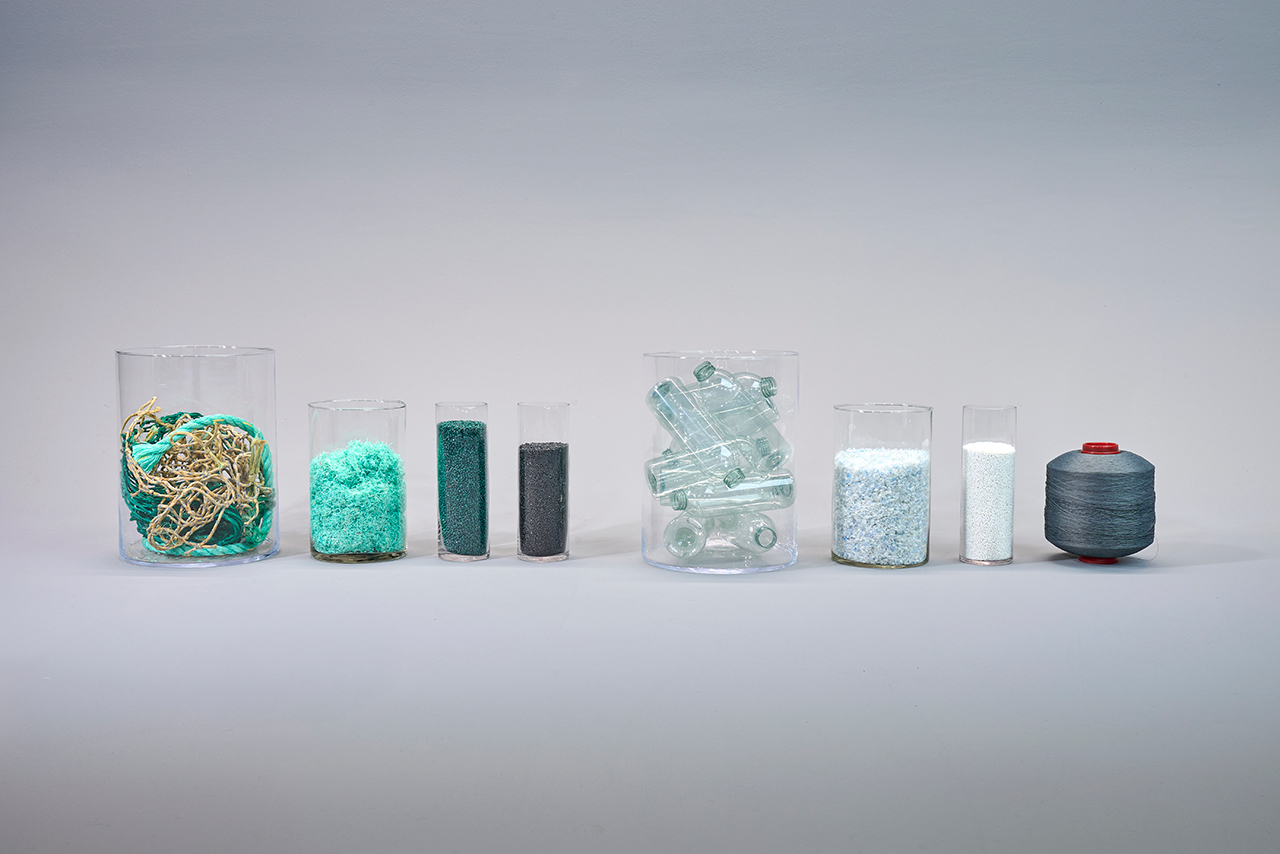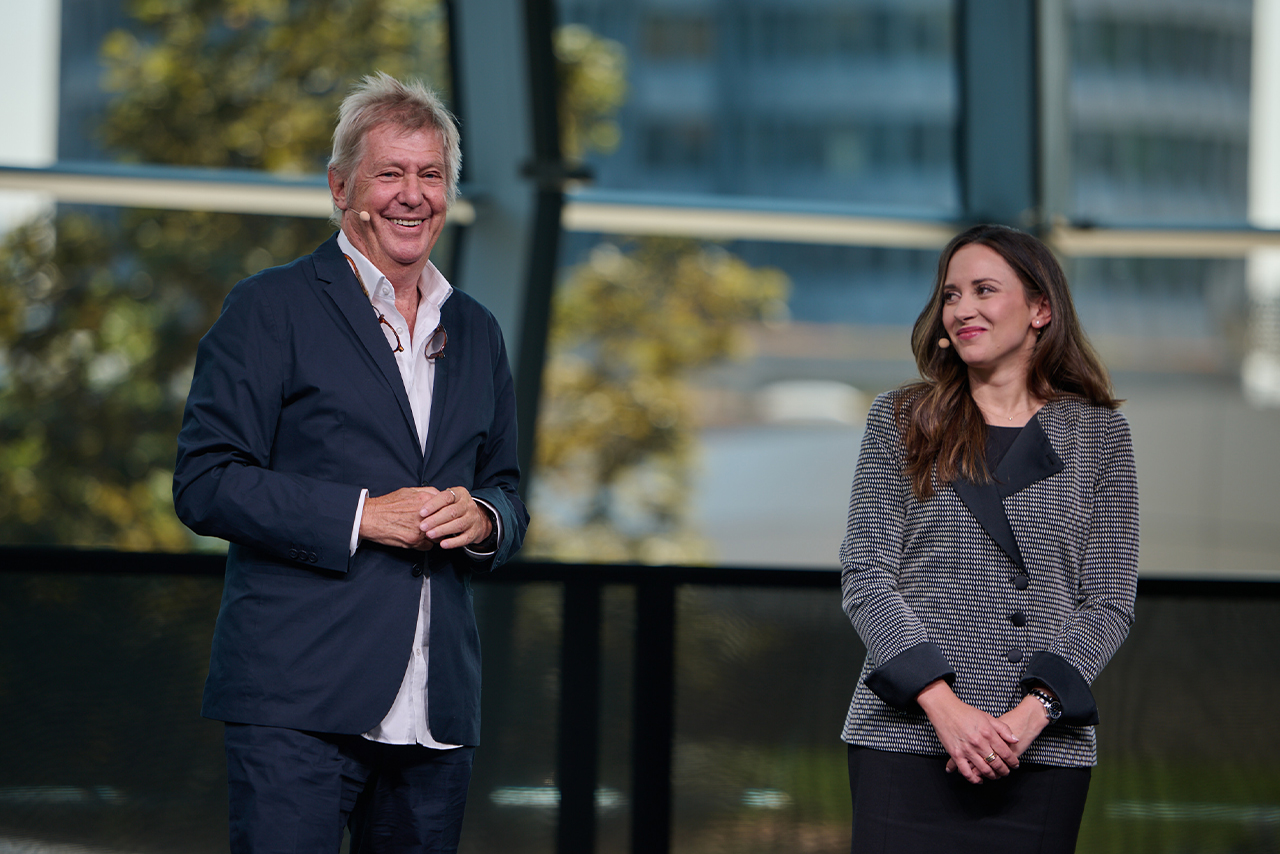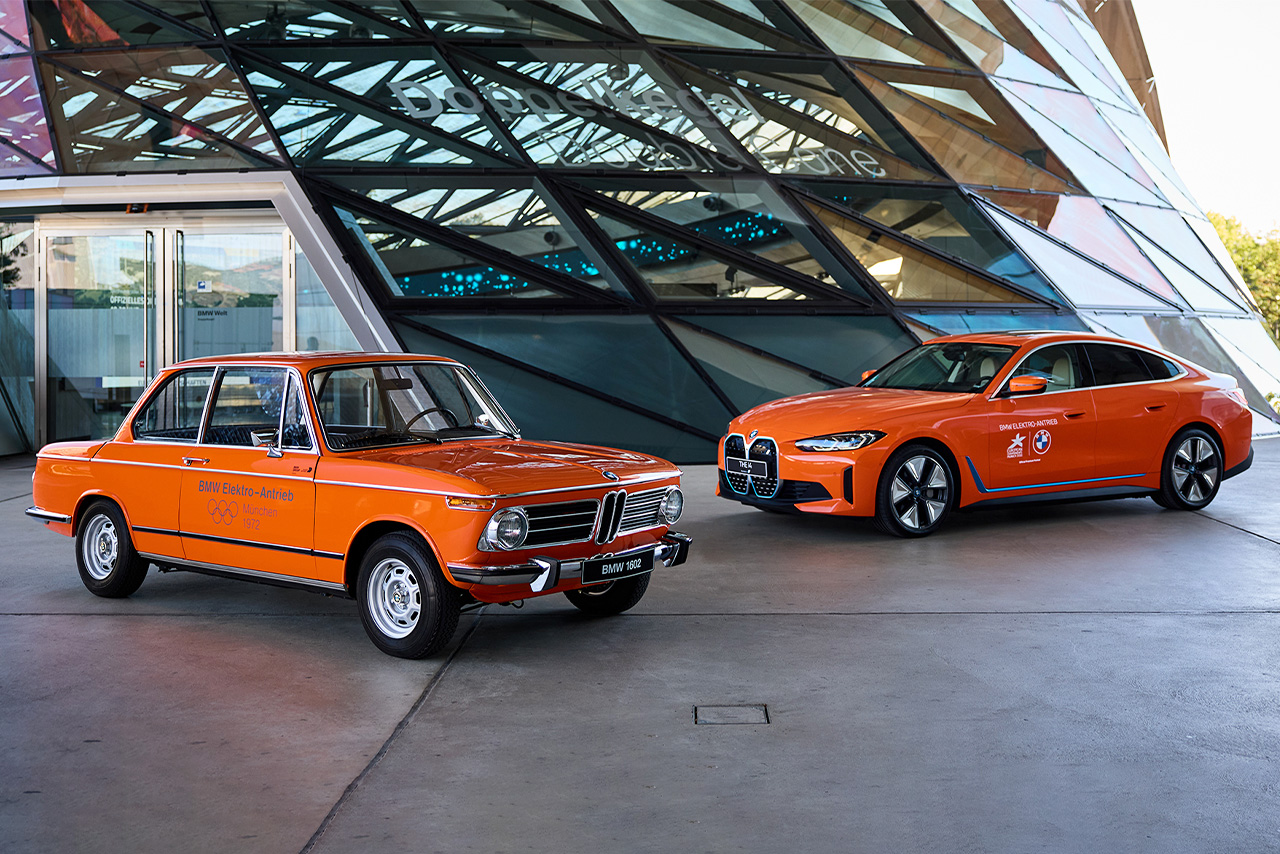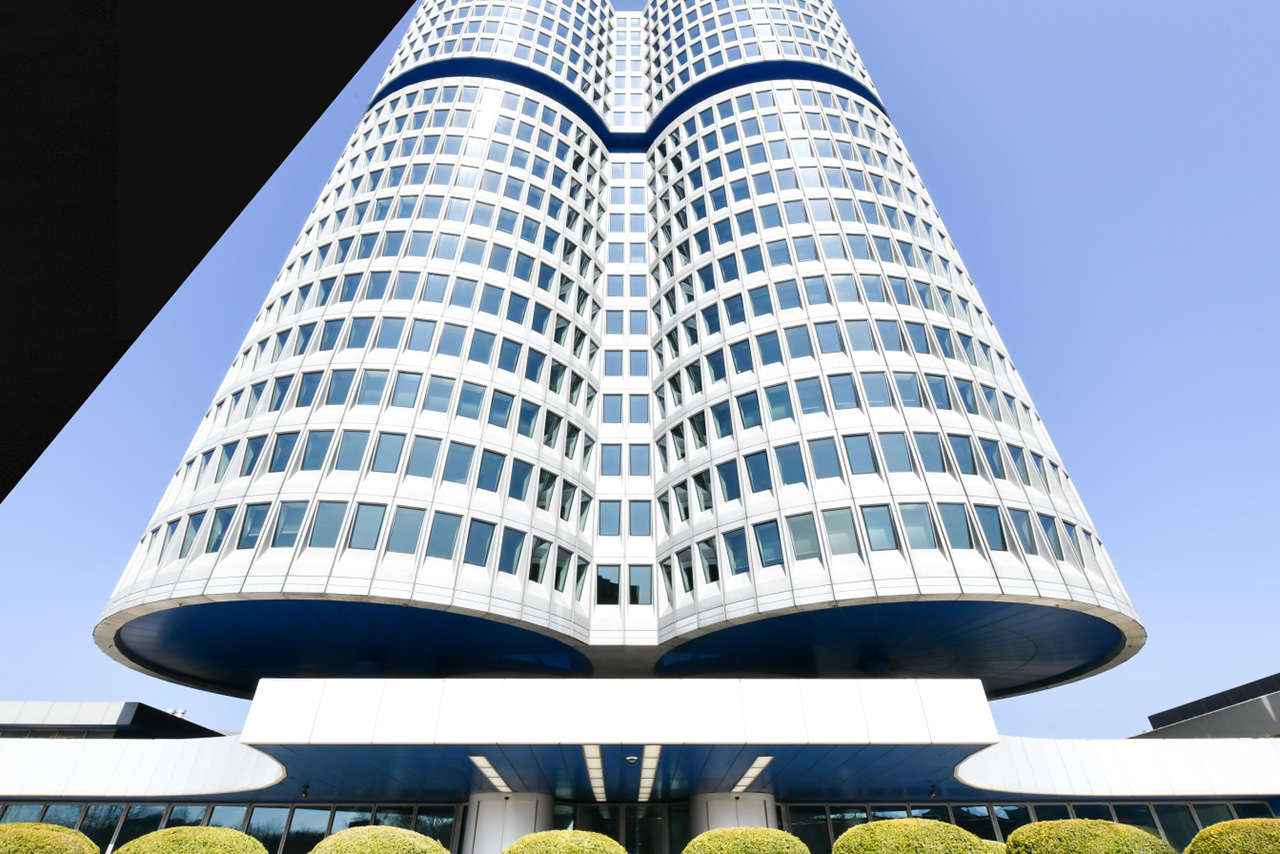Investing millions in training employees.
5. Employee development. Consistently working toward increased sustainability includes living up to the responsibility as an employer towards its employees. Transformation processes are tied up with concerns about the future in many companies, as well as with downsizing and site closures. The BMW Group differentiates itself from its competitors here.
In the past year, it has invested 389 million euros in training its employees. More than 75,000 participants in the measures have developed the skills to take on new responsibilities and help shape the transformation. More than 50,000 employees have been trained in electromobility. This qualifies the company to remain an attractive and trustworthy employer in the future. After all, employees of the BMW Group are its greatest asset. Only with them can the transformation succeed.
Commitment to diversity and cultural understanding.
6. Societal responsibility: As a company with a multinational workforce and locations on five continents, the BMW Group is a part of the global community – and it is aware of its responsibility. Diversity and cultural understanding, solid education for children and young people, and road safety are among the areas to which the company is committed. It collaborates with universities and other technology partners.
In addition, the BMW Group promotes initiatives by its employees. One current example of this is the “PowerUp” project. A powerful storage block consisting of six high-voltage batteries from former development vehicles stores solar energy from a photovoltaic system and supplies a school near the BMW Group plant in Rosslyn, South Africa. This can generate 36 kW of clean electricity every day. Enough for about 38 computers, 100 light bulbs and a water pump.
Scientifically validated climate goals.
But what does that all mean for the company’s customers who want to buy sustainable vehicles? In a nutshell, a vehicle has to be not only emission-free when it is being driven; it also has to be produced in a way that is as efficient with resources as possible. A sustainable vehicle has to have a sustainable supply chain and be circular. It should come from a company that appreciates its employees and takes on responsibility in society. That’s why the BMW Group views the topic of sustainability holistically.
Conserving resources and protecting the environment are promises that the BMW Group has made. It has defined its climate protection goals clearly to this end. It was the first German car manufacturer to scientifically validate its path to limiting the earth’s rise in temperature to 1.5 degrees Celsius compared to the pre-industrial level through the renounced Science Based Targets initiative (SBTi). This path harmonises with the Paris Agreement. Latest by the year 2050, the BMW Group also wants the entire value creation chain to be climate neutral.
The company wants to adhere to this and all other sustainability goals, even during the uncertain present, when a high level of flexibility and adaptability is required of the BMW Group.


















